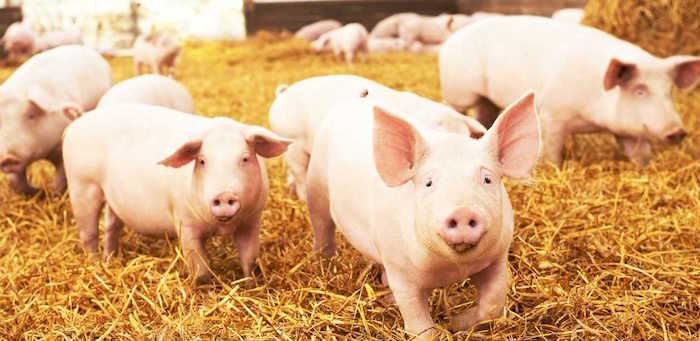Defra is forecasting a modest rise in average incomes on pig farms in England in the current financial year, despite the steady drop in pig prices since the summer.
Average Farm Business Income is forecast to increase on specialist pig farms by 5% from £57,800 in 2016/17 to £61,000 in 2017/18. This represents a 3% rise in real terms, taking into account inflation.
The latest figure is, however, almost three times the level of £21,000 recorded in 2015/16 when prices hit rock bottom. It is slightly below the recent high of £65,200 in 2013/14.
Finished pig prices have been around 17% higher in 2017/18 than the previous year, despite the downturn in recent months, although throughput has fallen slightly. Weaner, store and cull sow prices have also increased.
Defra acknowledges that its forecasts do not fully reflect the price increases on some types of farm as contract rearers are well represented in the FBS sample of pig farms. The business models for contract rearing operations are varied, but it has been assumed that the enterprise output on these farms will not be impacted to the same extent by the increase in pig prices, Defra said in its statistical notice.
Input costs on specialist pig farms are also expected to increase, particularly feed which represents a substantial proportion of their costs. This is assumed to track the increased value of feed wheat and barley, but will be dampened by cheaper soya.
Output is also expected to be reduced due to the change in livestock valuation as the value of weaners and growing pigs is estimated to be lower at closing, compared to opening valuation. This reflects some weakening of pig prices towards the end of 2017 and the early part of 2018.
Other notable forecasts from the survey, which will be updated later in the year, include a 48% income rise for cereal farms and a 98% increase for dairy farms.




